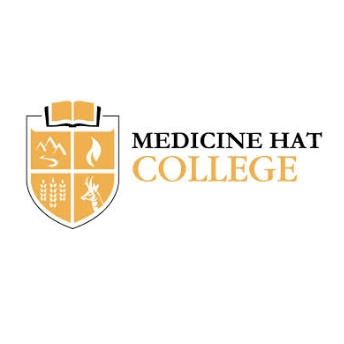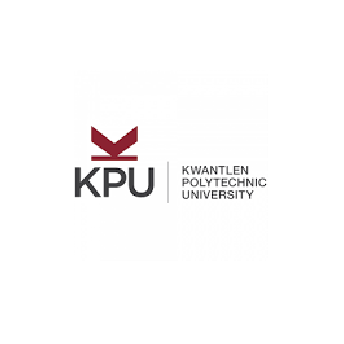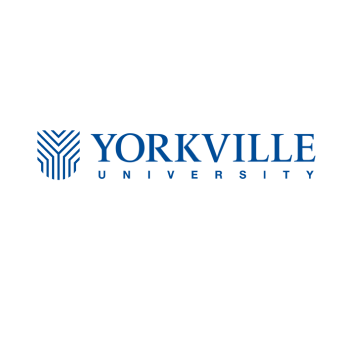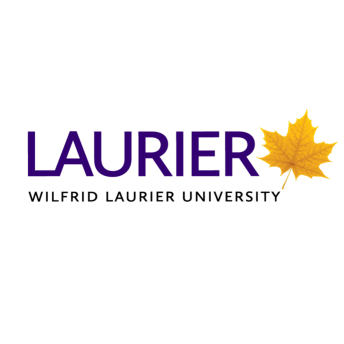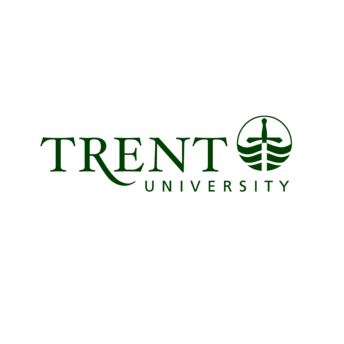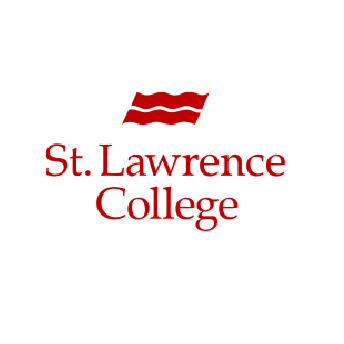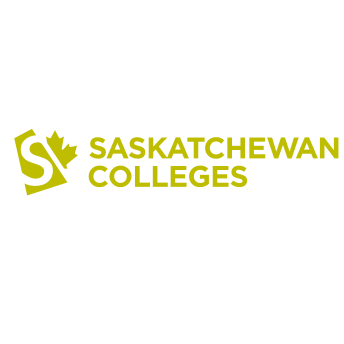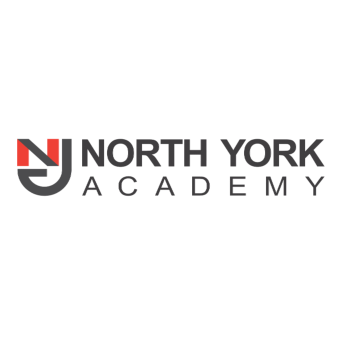study in Canada
Canada stands out as a highly sought-after destination for international students, celebrated for its inclusive, welcoming atmosphere and a world-class education system that fosters academic and personal growth. With its strong commitment to diversity and multiculturalism, students from all corners of the globe feel at home while gaining an exceptional learning experience
Students who have never been to Canada often have an image of it as the land of snow and hockey. What they find when they go to the country is quite different. Polar bears are only found in the northernmost regions and in most parts of Canada, winter only lasts a few months of the year. Hockey is the national winter sport but there are a thousand other sports and activities to choose from—some on sunny beaches, others near vast lakes or oceans, and some in the midst of busy modern cities.
Canada is a land of rich diversity, encompassing urban sophistication and abundant nature and wildlife. It is safe yet exciting; stable yet filled with adventure. It features cutting-edge technology, inspiring cultural icons, and a vibrant society that is open to everyone. Canadians tend to be modern, welcoming, and open-minded. Across Canada are examples of excellence, innovation, and beauty, all of which—along with top-notch educational institutions—make Canada one of the leading study-abroad destinations in the world.
Facts about CanadaCanada Is a Wonderful Place to Live and Study: Since 2004, the United Nations has regularly ranked Canada highly in its Quality-of-Life Index. Combining excellent educational institutions, an innovative economy, a tolerant and safe culture, and extraordinary beauty, Canada is an ideal destination for international students.
Canadian Education Is World Class: Canada is also ranked Number 2 by the Organization for Economic Cooperation and Development (OECD) for higher education achievement—60% of its citizens between the ages of 25 and 64 have a post-secondary education. The Times 2021-22 World University Rankings placed 11 Canadian universities in the top 250 (and five of these in the top 100). As well, Shanghai Ranking’s 2021 Academic Ranking of World Universities placed four Canadian institutions in its top 100, and 20 in the top 500.
Canada’s secondary school students excel in science, reading, and mathematics. In the 2022 PISA results testing students from 81 countries, Canada ranked 6th in reading, 9th in math, and 7th in science (in the top 10 on all three measures), reflecting their balanced approach to curriculum and school. High-quality French and English language teaching are also reasons students choose Canada.
Canada Is Multicultural and Open to the World: Canada is officially bilingual (English and French), and across the country, more than 200 languages are spoken. The biggest cities – Vancouver, Toronto, and Montreal – are home to many immigrant communities. A tolerant culture is among the top Canadian values—informally, on the streets and public venues, and formally in Canada’s laws and government, of particular note is the Charter of Rights and Freedoms which enshrines equality for all.
Canada Is Innovative: Canada’s educational institutions have long been incubators for innovation. The BlackBerry, flat-screen technology, SMART boards, voice compression applications for cell phones and computers, and IMAX film are among the many revolutionary technologies invented and developed by men and women who studied and conducted research in Canada.
Canada Produces Leaders: Among these are the environmentalist David Suzuki; the famous architect Frank Gehry (Bilbao Guggenheim Museum, Walt Disney Concert Hall, etc.); the economist John Kenneth Galbraith (who served in the administrations of US presidents Franklin D. Roosevelt, Harry S. Truman, John F. Kennedy and Lyndon B. Johnson); the cinematographer James Cameron (Titanic, Avatar); the author Margaret Atwood; musicians Justin Bieber, Sarah McLachlan, and Shawn Mendes; and actors Rachel McAdams, Jim Carrey, Kiefer Sutherland, and Ryan Gosling.
Canada Is a Highly Competitive Economy: Canada has one of the world’s most stable economies. The country also boasts one of the fastest economic growth rates among the G7 countries, and the International Monetary Fund projects this trend to continue through 2023. Canada is similarly high-ranked for its business environment among international observers.
Canada Is a Major Player in Collaborative Research and Development: Many of Canada’s educational institutions are engaged in international research partnerships to address major issues facing our world today. Canadian institutions recognise that Canadian research receives a crucial boost in terms of reputation and impact when quality international partners contribute. Many of the world’s most pressing problems are international in scope, and Universities Canada notes:“Canada’s universities are known for conducting world-class research. Globally, Canada punch well above our weight in output: ranked sixth in terms of average citation levels across all fields among the top scientific countries and produce four per cent of the world’s scientific papers despite representing only 0.5% of the world’s population. Canada’s universities are key economic drivers of regional and national prosperity, and a powerhouse of research and development activities, performing 41% of the nation’s total R&D, valued at $14.5 billion each year.
University researchers collaborate on more than $1.5 billion worth of research with community and non-profit community groups every year and conduct almost $1 billion worth of research in collaboration with the private sector annually, providing the ‘intellectual raw material’ that drives innovation and builds prosperity. ”Examples of the projects include the innovative NEPTUNE ocean floor laboratory; the Canadian HIV Vaccine Initiative; Arctic Net, a revolutionary approach for studying the effects of climate change; and Canada’s Advanced Research and Innovation Network (CANARIE Inc.), which facilitates research and development around the world.”
Meanwhile, colleges and institutions from across the country led over 6,400 applied research projects in 2019/20 in all key sectors of the economy. These partnerships involved businesses and community organisations of all sizes, including students who gained innovative work experience. Colleges and institutes received over $354 million in 2019/20 to support applied research activities, an increase of 19% over the previous two years. This growth is mainly driven by the private sector, which invested $111 million. According to Colleges and Institutes Canada, in 2019/20, research activity at colleges and institutes led to more than 5,500 new processes, products, prototypes and services
Education SystemCanada has a 4-year degree programs and postgraduate is 2 years. Canada offers 1- 3 years certificate to Graduate certificate programs. These programs are offered mainly at the college level to empower the labour force. Students who choose to go to colleges acquired knowledge and skills needed in various industries and they easily get employment within 12 months after graduation. Depending on what you study and the level, one is likely to received certificate, Diploma, Advance Diploma or Graduate certificate.
Successful college graduates can further their education at the university for either two or three years to get a bachelor’s degree. You may check your selected college or program to see any institution it has articulation with
Getting admission to study in Canada especially at the postgraduate level are very competitive. Most often you need to have 2.1 or second class upper to easily go through the application and get admitted. If your GPA is 2.2 or Second class lower, you must contact your agent or the admission team to be sure before you put in your application. Fresh graduates with 2.2 are highly advised to pursue a graduate certificate program at the college.
Some higher educational institutions may require GRE/GMAT to be admitted pursuing some MBA, Management, Engineering, and other stem programs. It is incumbent on you to get these facts before you consider the option of applying.
Undergraduate programs both in a college or universities would require applicants to have had a minimum of C in English, maths and Science in their secondary school results.
I am happy to state that Canada does not require proof of English from students who’s medium of instruction for a course studied was in English.
Canadian institutions most especially at the college levels have three intakes in a year. September, January, and May. As a prospective student, you must research to find out if the program you intend to study is offered in the intake you want to study.
Study PermitAs an international student, you will need a study permit to study in Canada. You can apply for your study permit through your agent or yourself. It can be online or paper application.
You must have secured admission, paid your tuition fees, proof you have funds to pay for living expenses, travel cost in the form of bank statement or acceptable loan letter. You must also provide evidence of your education history, employment history which could be school leaving certificates and letter from employer, pay slips respectively
You will need to have a police clearance certificate and medical clearance in an acceptable clinic to proof you have a sound character and medically fit to study in Canada.
Once you have gathered the appropriate documents and fill the forms, you also must pay the appropriate immigration fees to the government of Canada and other charges. Currently the study permit fees is $150 and VFS processing for biometric fee is $80.
When you decide to study in Canada, make sure you don’t provide a fraudulent document such as certificate, transcript, employment documents or bank statement. Immigration Canada is always working in collaborations with institutions and security agencies. Once it is discovered that you have provided a fraudulent document, your visa application would be refused, and you will be banned from entering Canada for 5 years.
Providing misleading information or hiding previous travel and immigration history could also lead to study permit refusal and a band up to 5 years.
Benefits of Studying in CanadaAs an international student, you will be taught with current teaching methods which will not only equip you with relevant knowledge, skills and experience but also, hands-on experience that will equip you to be ready to work in any avenue you come across
During your studies in Canada, you can work up to 24 hours per week to gain work experience, generate income and to boost your chances of getting reference for your future career and employment opportunities
Postgraduate master’s students can bring their spouse and kids to stay with them during their studies as well as some selected undergraduate students such as Medicine, Law, Education, etc.
Once you successfully complete your course, you would be granted up to 3-year post study work permit to stay back and work. This is an opportunity to work full-time in Canada to recoup your education investment whiles building network for your future endeavours.
Cost of tuition, living expenses, study permit application and other immigration documentation processes are quite competitive to the likes of Australia, UK, USA.
Canada has the fastest immigration pathways for international students to get Permanent Resident if you successfully stay in the country, study and work for a minimum of one year.
During your studies, if you have a child in Canada, the child becomes a citizen. This is incredible.
Our Partners
We proudly partner with top universities worldwide, offering diverse study abroad options. Each school is carefully chosen to provide unique academic experiences and cultural insights, helping you achieve your global educational and career goals.




